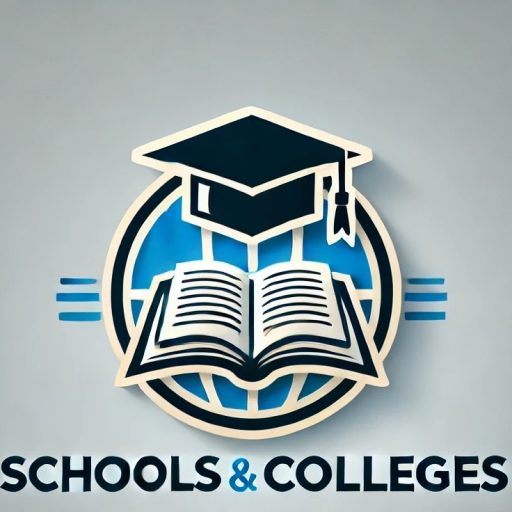Navigating the Ethical Dilemma: Family Choices Between Public and Private Education
As parents consider the most appropriate educational pathway for their children, many grapple with a fundamental question: is it more ethical to advocate tirelessly within the public school system to secure a free and suitable education, or to allocate personal financial resources toward private or alternative educational options?
This discussion is particularly relevant for families whose children face unique learning challenges or special needs. For those directly involved in public education, such as educators and administrators, there’s an ongoing conversation about the morality and implications of parents initiating legal actions against school districts to ensure their child’s educational rights are met, especially when mainstream classroom settings fall short.
On one side of the debate, opponents argue that diverting funds—whether through legal action or additional resources—to support an individual student may detract from the broader educational community. They contend that public resources are finite and should be equitably distributed among all students. From this perspective, legal battles for specialized services could be seen as compromising the fairness and sustainability of the public education system.
Conversely, advocates believe that efforts to hold school districts accountable and secure proper accommodations can foster systemic improvements that benefit not only their own children but the entire student population. When families with the means choose to channel their resources into legal advocacy rather than private schooling or homeschooling, they may be contributing to reforms that enhance educational quality and accessibility for all students, particularly those with special needs.
Public education has long been a societal cornerstone, rooted in the ideal that every child deserves an equitable opportunity to learn. Generally, many feel that if a family can work within the system to meet their child’s needs, they should do so—strengthening the integrity and inclusiveness of our public schools. However, it’s crucial to remember that a child’s well-being and individual needs should always take precedence. A child’s educational journey is unique, and in cases where the public system cannot meet those needs—such as with certain health or learning conditions—families are faced with difficult decisions.
As I prepare to navigate this complex landscape with my own child, especially considering his potential educational challenges, I reflect on the ethical considerations involved. While community and systemic improvement are vital, ensuring that my child’s specific needs are met remains my top priority. Balancing these perspectives requires careful thought, compassion, and a commitment to advocating for what is best for each child—a principle that resonates deeply in the broader conversation about education equity and parental responsibility.
*When considering your own family’s educational choices
